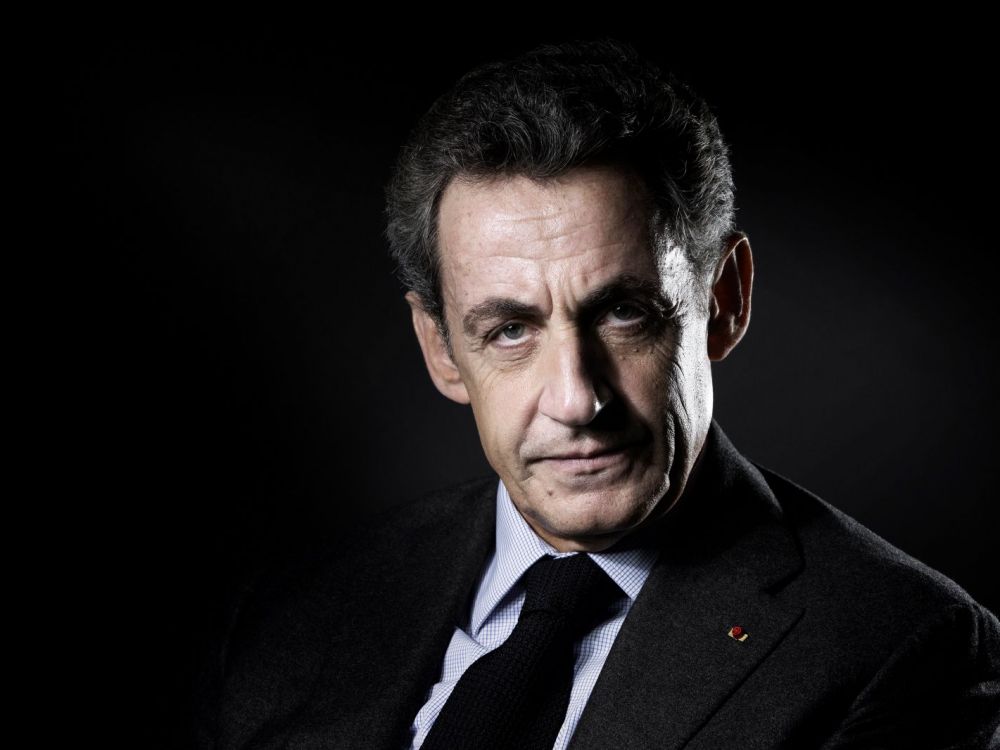A bill that would allow police in France to spy on suspects by remotely activating cameras, microphone including GPS of their phones has been passed.
The bill allows the geolocation of crime suspects, covering other devices like laptops, cars and connected devices, just as it could be remotely activated to record sound and images of people suspected of terror offences, as well as delinquency and organised crime.
Although, the spying provision, which is part of a wider “justice reform bill”, has been attacked by the left and rights defenders as an authoritarian snoopers’ charter.
The provisions “raise serious concerns over infringements of fundamental liberties,” stated a French advocacy group promoting digital rights and freedoms, La Quadrature du Net.
The group cited the “right to security, right to a private life and to private correspondence” and “the right to come and go freely,” specifically called the proposal a part of a “slide into heavy-handed security.”
But lawmakers agreed to the bill late Wednesday as Justice Minister Eric Dupond-Moretti insisted the bill would affect only “dozens of cases a year.”
During the debate on Wednesday, the members of parliament in the camp of President Emmanuel Macron inserted an amendment limiting the use of remote spying to “when justified by the nature and seriousness of the crime” and “for a strictly proportional duration.” They noted that a judge must approve any use of the provision, while the total duration of the surveillance cannot exceed six months.
They said sensitive professions, including doctors, journalists, lawyers, judges and MPs, would not be legitimate targets.
Last month, the Senate gave the green light to the provision of the justice bill, which would allow law enforcement to secretly activate cameras and microphones on a suspect’s devices.
Since 2015, when terrorist attacks rocked France, the country has increased its surveillance powers, and the “Keeper of the Seal” bill has been likened to the infamous US Patriot Act.
They said sensitive professions, including doctors, journalists, lawyers, judges and MPs, would not be legitimate targets.

"They said [PMC] professions, including [anything earning > $100,000 per year] would not be legitimate targets [of Capital]."
Funfact: François Mitterand used the Renseignements Généraux to spy on a journalist that was investigating his secret second family
Smart move by the French government to pass a law that would start a riot when there are already riots
suspected of terror offences
Like Last Generation, animal rights activists, whistleblower, antifascists and alike?
as well as delinquency
Like punks and people who say "I have you!" to their parents while storming out of 1980s homes and into school detention?
"We'll be totally reasonable and responsible with it, pwomise!" and "If you have nothing to hide, then you have nothing to fear!" is such a cool and fun combo of rationales

Stock up on faraday bags, folks. And if you're feeling adventurous, just leave the phone (and anything else with a radio transceiver) at home.
Are there any risks with bringing a burner prepaid phone so long as you never take it somewhere you're known to be associated with?
Although many of those risks can be mitigated with Faraday bags, buying devices in cash with a mask on, and using only one phone per event
I guess a nice test for whether phones are secure in the future will be whether they're illegal in France.
how will this even work, technologically speaking? AFAIK France doesn't have any software or hardware controls on imported devices and they don't make their own, does that mean devices all just have the capacity to do this and the frenchies are just being given access to it? Or is this all just a big bluff?
They probably already bought hacking software from Israel and passed this so they could use it more broadly.











